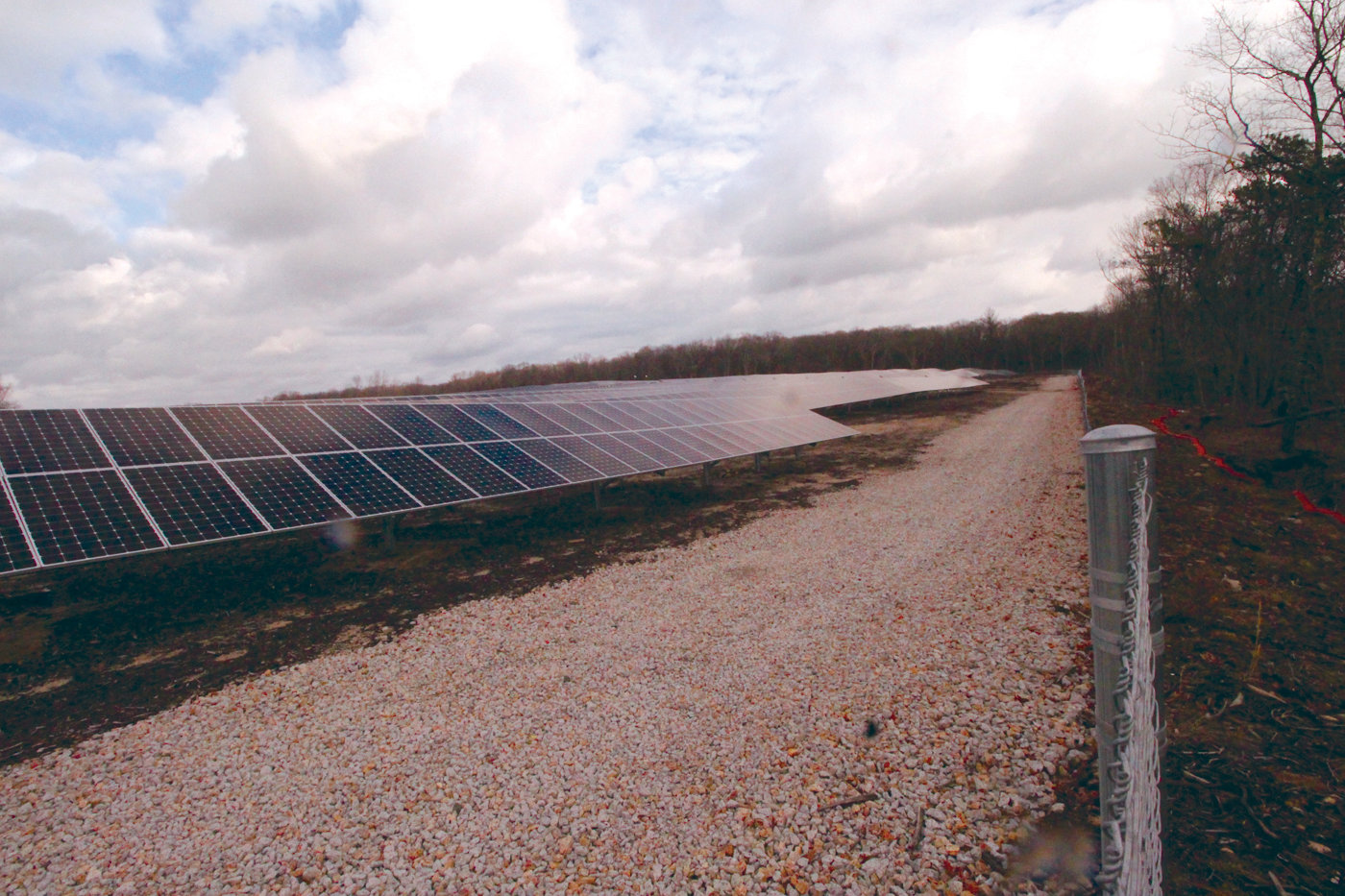
The 2020 solar tax credit is a great incentive for homeowners to install solar energy systems. This federal tax credit program allows homeowners to take 30% off the cost of their solar systems up to a maximum amount of $3,000 for 2022.
All residential and commercial property owner who install a solar panel during the year are eligible for a tax credit. This is a once-off credit that you can use to offset your tax for the year in which it was received. It may also be carried over into subsequent years.
What Is the Solar Tax Credit?
The solar panel tax credit, also known as the investment tax credit (ITC), is a 30% tax deduction for both residential and commercial properties. It's a valuable incentive that's helped drive the solar industry in America by more than 200x since its inception in 2006.

What is the ITC?
The ITC can apply to a wide range of solar project types, including large-scale utility solar farms and residential solar systems. The tax credits are worth 30% of the net cost for a solar installation and can be extended as long as there is a program in place.
What Are the Qualifications for Claimant the Tax Credit?
You must install and operate a solar system before the end of 2020 to be eligible for an ITC. The ITC is available for both residential and non-residential properties. For commercial properties there is a provision called the safe harbor that helps to make it easier to qualify.
How much does the Solar Tax credit for 2020 cost?
This is the total credit that you can claim for 2020. To calculate it, divide the net cost of the system (which includes all costs incurred prior to its installation) by the average electricity price in your area during the last 12 months. The amount will be subtracted from your tax liability. You can then use the credit to lower your future taxes.
What are the ITC Qualifying Projects?
Qualified projects are generally those with a minimum capacity of three kilowatts. Stand-alone batteries are eligible, as long as they're not connected to solar power systems.

How does the carryover of tax credits work?
You can carryover any excess tax credits you're due when you're applying for the ITC. Many taxpayers find this to be a valuable benefit.
What Are the Benefits of the Commercial ITC?
Commercial property owner can qualify for both the ITC and the solar production credit. The credit is for materials and labor used in the production of solar products.
It's possible to get a tax credit on your energy storage equipment, too, if you plan to add batteries to your solar panel system in the near term. The tax credit is up to 30% off the cost of a brand new standalone battery with at least 3 kWh capacity.